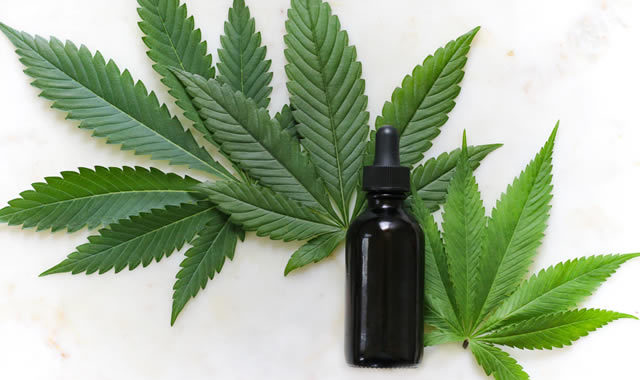Paul Segal, chairman and co-founder of Symtomax, details what the most common myths about CBD are.
Medicinal cannabis is by no means a new phenomenon. On the contrary, the cannabis plant has been used as a form of pain relief for thousands of years. However, it has only been within the past decade that modern consumers, and indeed some medical professionals, have begun to recognise its possible benefits – particularly in the form of CBD. From shampoos to lollipops, from coffee to dietary supplements and oils, UK consumers have an abundance of choice when it comes to CBD infused products.
Yet, despite their enthusiasm, many consumers remain in the dark about what CBD is, how it is related to cannabis, or what it actually does. Medical cannabis products contain various compounds and abbreviations, which can create confusion as to what goes into medicinal cannabis products. With such jargon overwhelming many consumers, it’s no wonder that there are certain misconceptions surrounding the market, particularly when it comes to CBD products.
With this in mind, I’ve rounded up what I think are five of the greatest myths regarding CBD in the UK and have attempted to separate the fiction from the facts. With a greater public understanding of how CBD and other cannabinoids can be used to alleviate a variety of ailments, we can hopefully enter 2020 with a more informed & heathier populous.
Myth 1 – CBD is illegal
To put it simply; no, CBD is not illegal. To offer a bit of background to this, the Cannabis plant (also known as cannabis sativa) produces over 140 different organic compounds (called cannabinoids). However only two are currently generally considered to be the primary active ingredients: Cannabidiol (CBD) and Tetrahydrocannabinol (THC). Many people tend to get these abbreviations mixed up, which has resulted in the misconception that CBD is illegal.
To make it clear, THC is the only psychoactive component within the cannabis plant, which creates the ‘high’ that comes with recreational cannabis. It is for this reason that the UK government sets a volume limit of 0.2% for THC in medical cannabis products – anything over this percentage is illegal. CBD on the other hand, is non-psychoactive, and once it has been processed properly, can be used in various consumer products.
